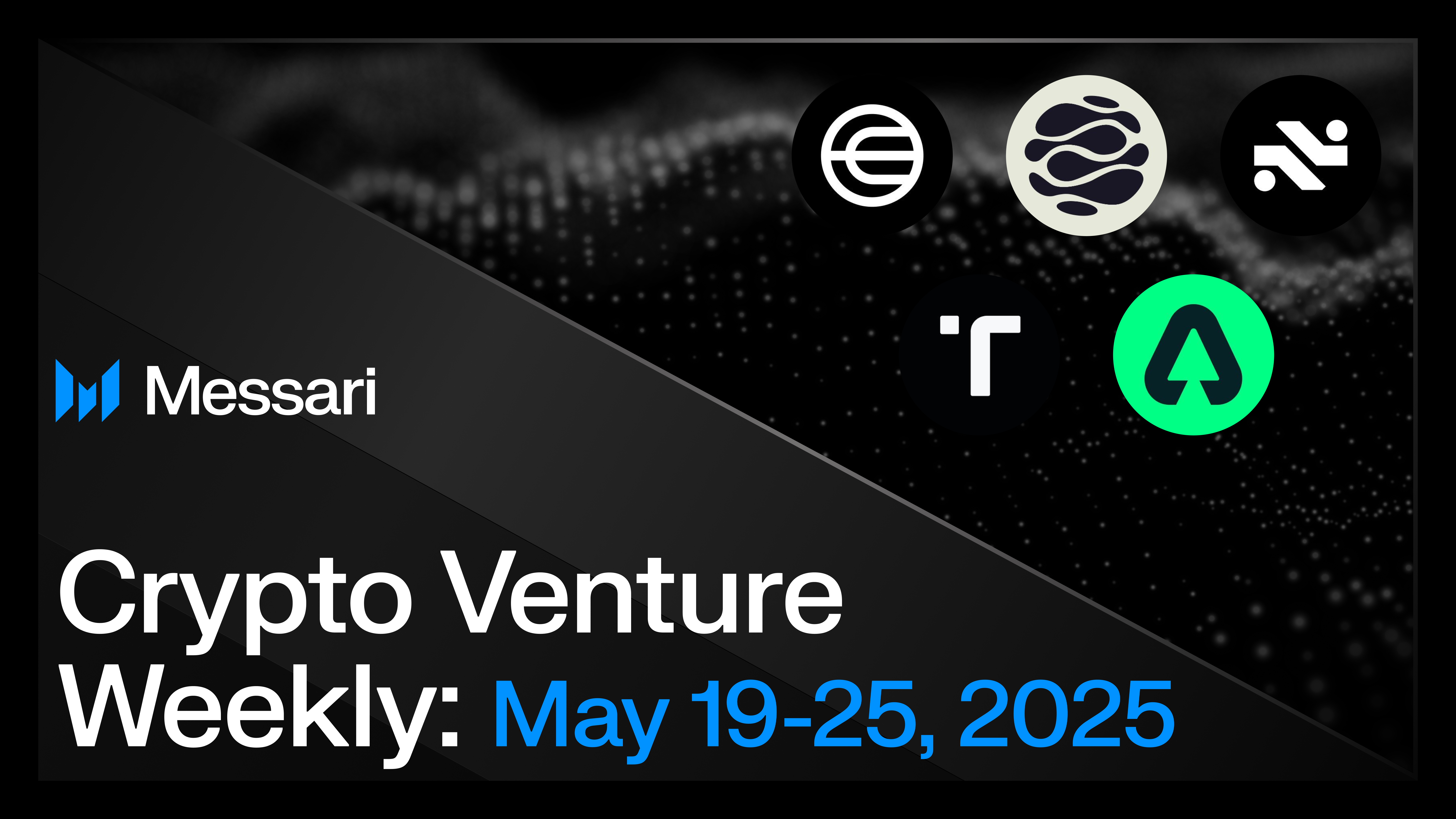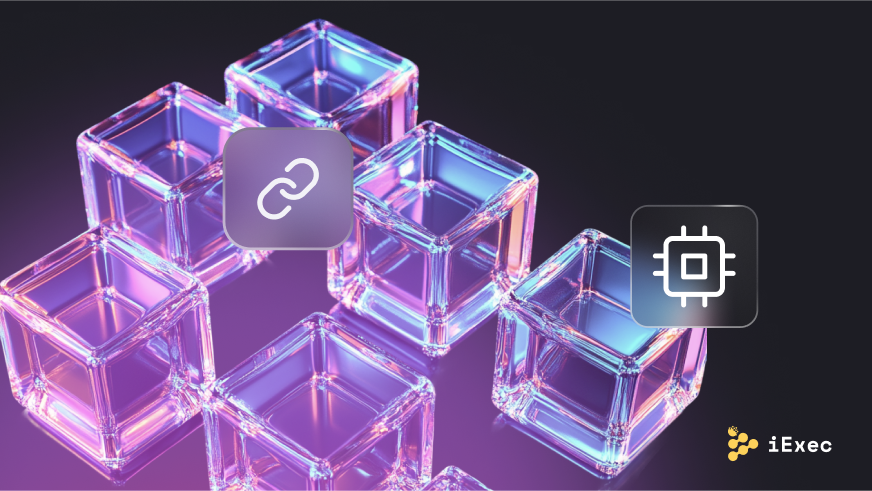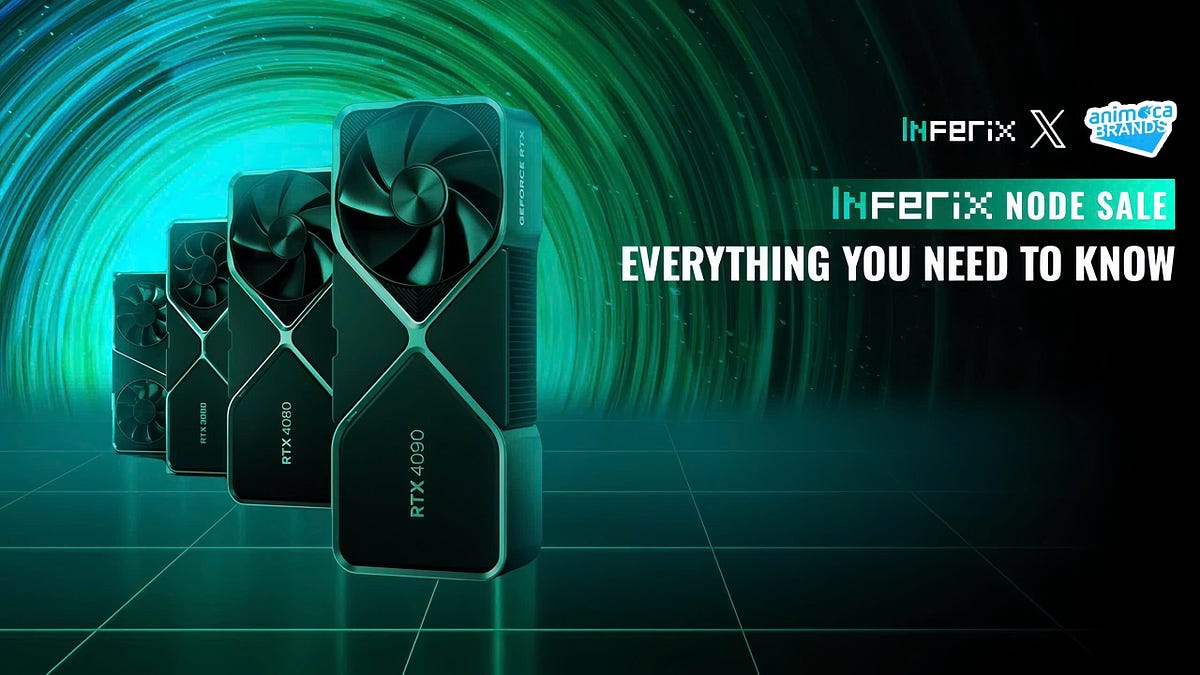Qubetics Emerges as a Game-Changer in the Crypto Space
The crypto landscape is witnessing significant advancements with projects like Arweave and AAVE leading the charge. Arweave is gaining traction for its innovative approach to permanent data storage, providing a decentralized solution that ensures data remains accessible and unaltered indefinitely. This model is attracting attention from major organizations looking to archive crucial information without the risk of censorship or data loss. Meanwhile, AAVE continues to solidify its position in decentralized finance (DeFi) by enhancing its lending and borrowing protocols, expanding its ecosystem across multiple blockchains, and implementing robust security measures to protect users from market volatility.
Emerging as a formidable contender in this space is Qubetics ($TICS), touted as the world’s first Web3 aggregator. This project aims to simplify blockchain development through its unique QubeQode IDE, which allows developers and businesses to create decentralized applications with ease. By unifying the best features of various blockchains, Qubetics is not only making crypto more accessible but also positioning itself as a potential game-changer with its presale already raising over $13.9 million. Investors are eagerly eyeing this opportunity, with predictions suggesting that the token price could soar significantly by the time of its mainnet launch in Q2 2025.
As the crypto market evolves, the competition among these projects intensifies. Arweave’s focus on permanent data storage and AAVE’s innovations in DeFi are commendable, but Qubetics’ approach to bridging the gap between traditional businesses and blockchain technology could set it apart. With its groundbreaking QubeQode IDE and a promising presale, Qubetics is emerging as a frontrunner for those seeking high-potential investments in the crypto space. As the industry continues to grow, it will be intriguing to see which project ultimately leads the next wave of innovation and investment opportunities.
Related News





